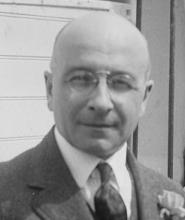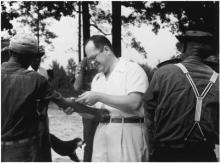The Bees are Making a Comeback!
Like many other Americans, I worry about the decline of the bees. Einstein said we wouldn’t survive without them, and I believe that. Every time I see the hummingbird feeder on our front porch swimming with little dead bees who were suckered into drinking the nectar, I feel like a murderer—like me wanting to attract hummingbirds has a direct effect on the universe!
Maybe it does. A butterfly’s wings, and all of that.
But there is also some good news regarding honeybees—at least, in some areas. In California, the bee populations are considered the highest they’ve been in about seven years right now, which not only helps us humans, but also boosts the economy in California.



